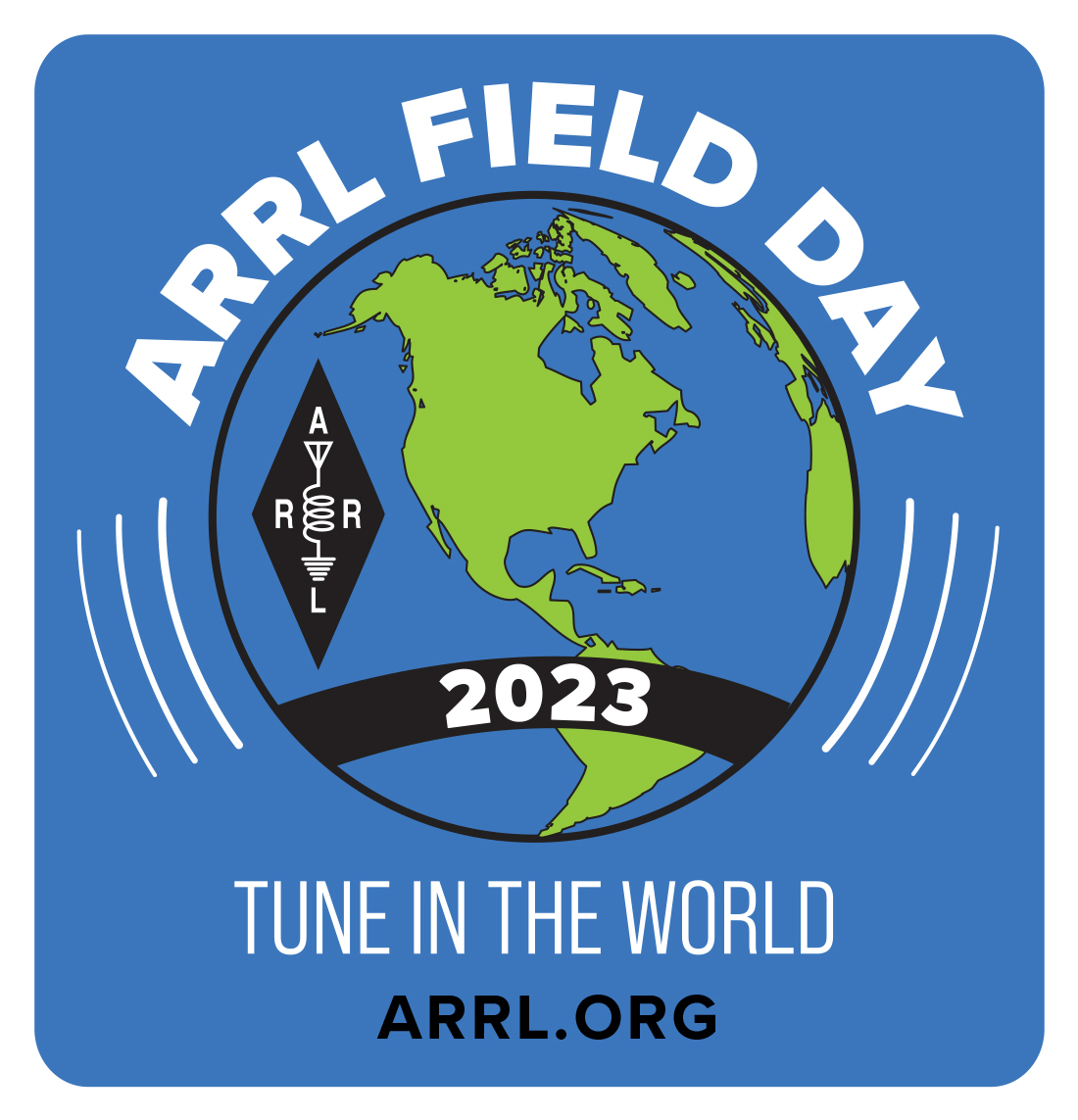A special event for GOTA
Q. What is the GOTA station?
A. It is an opportunity for any Technician or Novice licensees (Basic or Basic with Honours in Canada), newly licensed amateurs, other generally inactive licensees, and non-licensed persons to experience first-hand the fun of amateur radio by allowing them to GET ON THE AIR (GOTA).
Q. How many GOTA stations may a club have on the air?
A. A club may employ only one GOTA station.
Q. What are the bands for the GOTA station?
A. The GOTA station may operate on any amateur band on which Field Day operation is permitted (HF or VHF) for which the control operator has operating privileges.
Q. What modes may the GOTA station use?
A. The modes and frequencies are determined by the license class of the control operator of the GOTA station. There must always be a control operator with operating privileges for the frequencies and modes desired present at the control point of the GOTA station any time it is transmitting.
Q. May a non-licensed person operate the GOTA station?
A. A non-licensed person may never operate an amateur transmitter. They may participate at the GOTA station by speaking into the microphone, sending CW, or making digital contacts but may do so only under the direct supervision of a properly licensed control operator at the control point of the transmitter.
Q. What callsign does the GOTA station use?
A. The GOTA station uses a callsign different from the call used by the group’s main Field Day operation. The GOTA station must use the same, single callsign for the duration of Field Day. Remember that you must have permission of the holder of the callsign in order to use it for the GOTA station. Also remember the rules of station ID. A two-by-three call issued to a Technician licensee may be used, but if the call is being used outside of the Technician privileges of the licensee, it must also include the callsign of the control operator (WA4QQN/N1ND for example), who must be present at the control point. The main station for us is VE7SAR and the GOTA station will be VE7HME
Q. What Field Day exchange does the GOTA station send?
A. GOTA stations use the same exchange as its “parent” station, in our case 2F BC - Two parent stations, and Foxtrot is the type of station (F = EOC). And of course our location is BC.
Q. Who may the GOTA station contact?
A. The GOTA station may contact any other amateur radio station, with a couple of exceptions. The GOTA station may not work its “parent” Field Day station. It may not contact any station operated by a person who was involved with their group’s Field Day operation. Remember that if a DX station is involved, the FCC (ISED) rules involving Third Party traffic apply. A station worked by the group’s main Field Day set-up may be worked again by the GOTA station and is NOT considered a dupe.
Q. What is considered a generally inactive licensee?
A. The GOTA station is not for everyone. The generally inactive licensee provisions pertain to someone who holds a General (Basic) or higher class license but has been inactive. The intent and the spirit of this station is to provide an opportunity for persons to gain on-the-air experience and progress to operating the regular club stations in the future. The intent is not to develop a group of “permanent GOTA Field Day operators”. This is also not a station that a club “ringer” operates in order to rack up points. The list of operators of this station must be submitted with the Field Day entry. For example, a “seasoned” operator who has been away at college and off the air for a couple of years really is not considered a generally inactive amateur.
Q. May someone operate both the GOTA and the main Field Day stations?
A. It is permissible for someone to operate both GOTA and the main stations. However, remember that to use the GOTA station, you must meet the requirements of license class and be generally inactive. It is not permissible for a seasoned operator to operate the GOTA station.
Q. I am an active Novice licensee. May I operate the GOTA station?
A. Yes. The GOTA station may be operated by any Novice or Technician (Basic or Basic with Honours) licensee, under the terms of their license privileges, or under the supervision of a control operator.
Q. How do I calculate the GOTA bonus points?
A: Please refer to Field Day (arrl.org). In order to claim the GOTA bonus, the club/group must provide a list of operators and the number of QSOs each operator makes at the GOTA station. Clubs should use their best judgment in determining the operators of the GOTA station.
Our 2015 Field Day video

